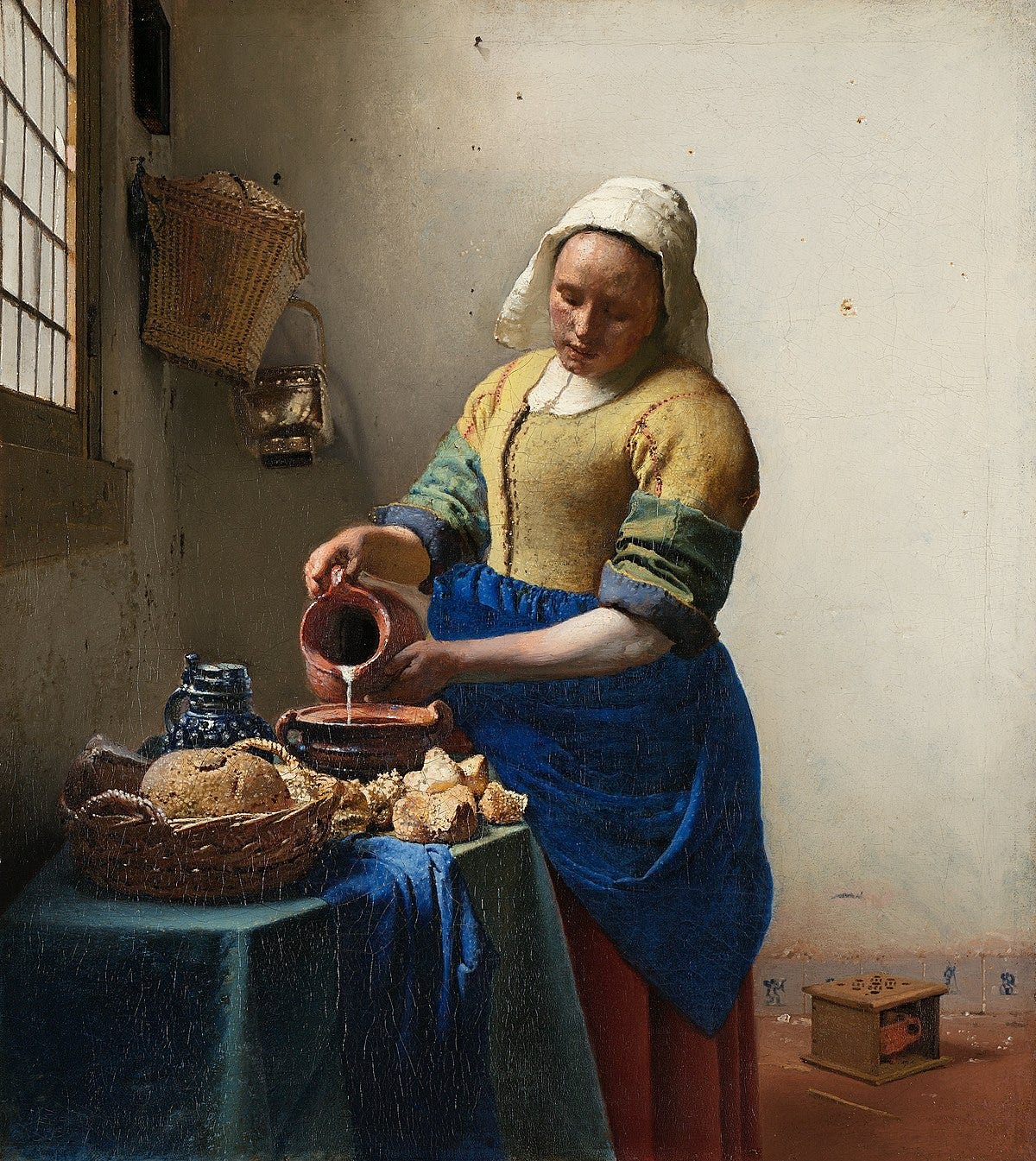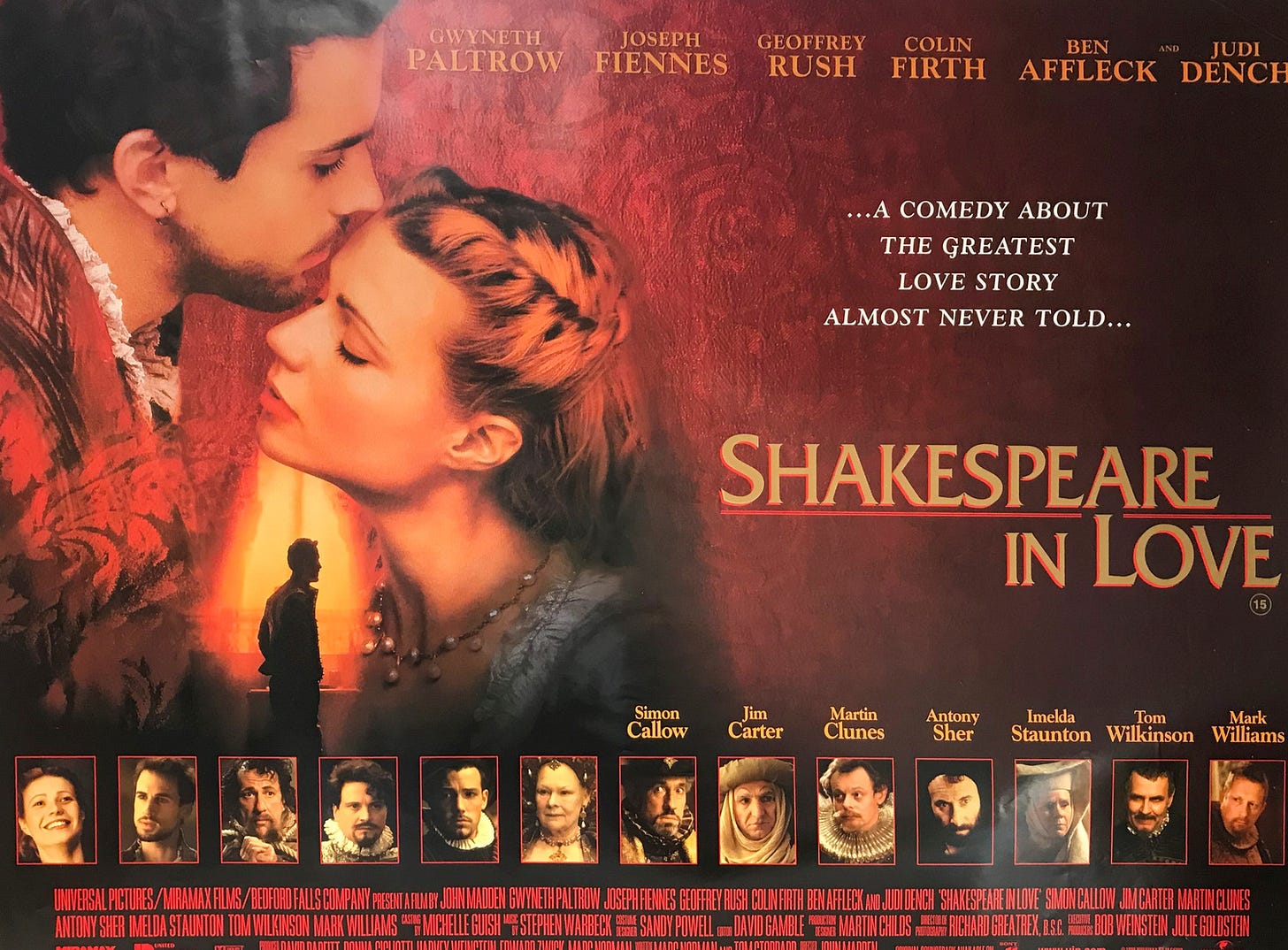Hurry up and wait!
A lot of work had gone into the proposal that got me the gig. But it would take quite a bit more time until I'd finally get to dive into the script. In this business, it's always "hurry up and wait."

When working with your collaborators, it’s most often the old “hurry about and wait.” The producers, directors, network executives, etc. always want you to deliver, ideally, yesterday. There’s a lot to be said about deadlines (and I’ve done so here) and yes, I never miss one. But that’s just one side of the equation. You need to come prepared with the insight that your collaborators will hardly ever get right back to you with their feedback.
Yes, there are those who simply lack the discipline. But more often than not they don’t get back to you right away because they juggle multiple projects - and because they’re human. I remember a time when I had nearly killed myself to deliver a draft on time - more than a month later there was still no feedback. As was fresh and eagerly waiting for a reply - imagining all the best and worst feedbacks under the sky. Finally, upon calling, I found out that the producer had simply gone on holidays with his family! Nothing wrong with that. But it is worth remembering that we’re all human, we all have lives that need to be lived and breaks that need to be taken. That very much goes for you, too. My advice for screenwriters is two-fold:
One, when agreeing on a deadline, do figure in the time for your family, the vacation, the time to play with the kids - there’s room for that in most deadlines. Just as producers will take their time, so should you.
And two, just as they have multiple projects going, so should you. It gives you something to do until things continue. “Hurry up and wait” will drive you crazy if that one project is all you have on your plate. My go-to move after delivering something has always been to regale myself with a week’s worth of something entirely different, such as catching up on books or binging on a few shows or hiking or rearranging the furniture, whatever. Then, after that one week, I continue working on another project. Because of that, I won’t spend a moment waiting in frustration.
Eventually your collaborators will report back and the cycle continues. In the case of “The Coffee Trader,” my first proposal for the feature film adaptation was met with a one-month silence. Again, that sort of wait can drive you nuts if you’re just twiddling your thumbs waiting for the reply. Well, I kept busy, so no worries there (working on a serial killer project - so much fun, and I ain’t kidding). Luckily, when the producer’s feedback came, it was highly complementary.
He wrote, “I like you mentioning SHAKESPEARE IN LOVE as a film of reference, and I like your image of the many-faceted dramatic tapestry. I like the strength, the pace and the dramatic tension of the scenes that you generously added to your proposal. I can feel that you are well connected with the characters, the time and the story.”
We then discussed his detailed feedback and I delivered an updated proposal based on that. If all of that feels a bit rigid, I can assure you that rigid, at this stage, is good. You want to be very clear with your collaborators on the key elements of the story. If the foundation is not properly in place, you just may find yourself doing five and more additional drafts of the screenplay later on until you’re finally aligned again (either that, or they’ve fired you by then).
In the previous post I wrote about the importance of making strong choices. Strong choices will make you stand out, but strong choices also risk alienating producers. Take the “Shakespeare in Love” mention I had thrown into my proposal. Referencing another film comes with instant associations - it may hit the nail on the head for the producer - it may also completely rub them the wrong way if they hated that particular film. A simple mention like that can lose you your chances. But, again, you have to make choices to stand out. In my case, it clearly worked to give the producer exactly the kind of imagery and pacing I wanted him to have.
I was ready to roll! Drop me into that ocean of creativity, let me swim! Alas, the good old “hurry up and wait” put in a next appearance because contract negotiations weren’t exactly easy. It required a lot of back and forth between my agent and the producer and, on this note - trust me, as a screenwriter you do want an agent at your side. I occasionally get the question whether an agent is even necessary. The answer is absolutely YES. I’ll write an article about that at some point. I’ve had three agents over the course of my writerly life so far and I can assure you that agents are absolutely worth the cut they get in a number of ways.
Aside from different numbers (their offer was, naturally, considerably below what my agent was asking), one big sticking point was credit. This was going to be my first major motion picture film, and I was doing all the work, so of course I wanted sole credit. Here’s where, unfortunately, the plot thickens. Not only was the producer an exceedingly wealthy man, he was also an “auteur” who had written and directed several films in Switzerland. He had plans of directing “The Coffee Trader” himself, even if everything about the project clearly suggested the need for a big-name director to attract the necessary funding.
Well, he had bought the rights to the novel and he was going to hire me to write the adaptation - so he most certainly had the leverage on his side. He wanted a writing credit. I couldn’t stand the idea - but it was (and still is) a great story and I absolutely believed in it (and still do) - so a shared screenwriting credit was a heck of a lot better than being booted off the project before I even got the chance to really get started. I discussed it with my agent and we decided to agree to a co-credit.
There were several other contentious elements as the contract drafts flew back and forth. In the end my agent navigated them beautifully. He brought sense to the sensibilities, attitudes and egos (including mine, of course) and eventually brought it all together with a signed deal by early November.
Finally, it was time to get to work, time to dive into the script!






